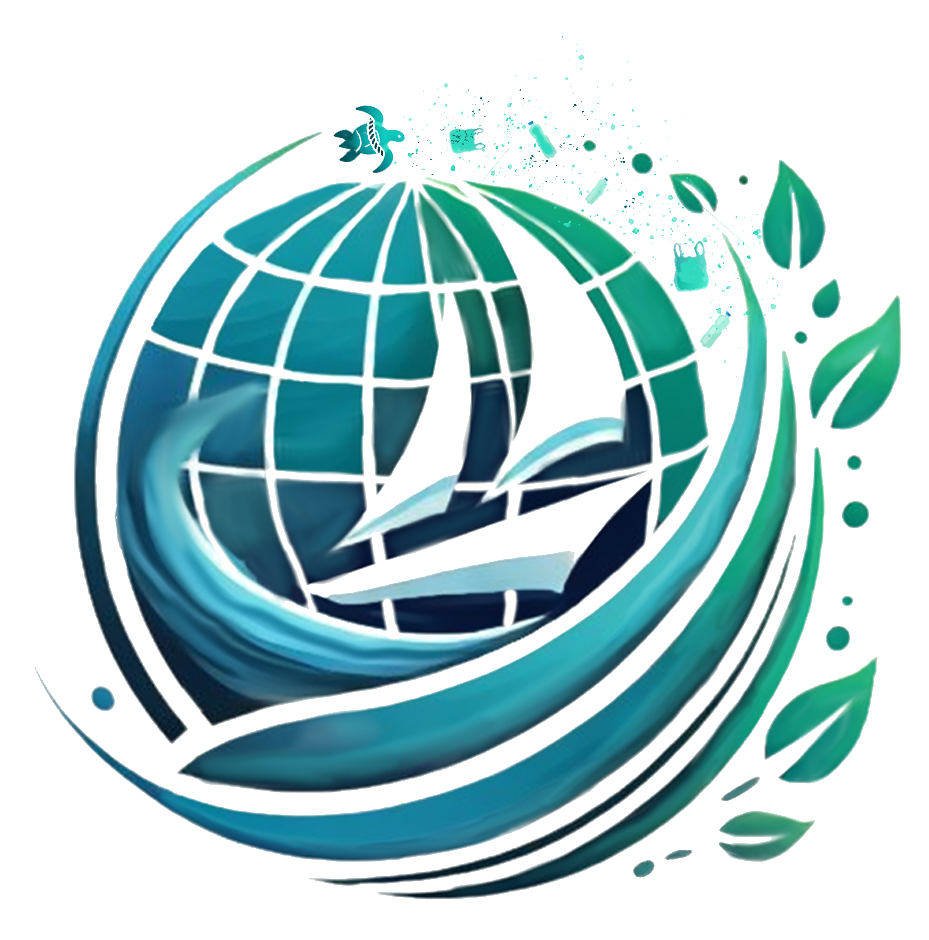Poseidon’s final boon: What David Attenborough’s Ocean taught us
In Ocean, David Attenborough takes us on a journey worth remembering, he takes us on an honest confrontation with where we are, and ever so perfectly, provides us with that glimmer that outshines all.
He’s 99 now. He was born 8 years after World War I. It’s fair to say people would’ve stopped trying decades ago. But here he remains, still witnessing, still battling. That alone says something. Maybe not so much about him, but about the cause. That it’s worth seeing witnessing, even when it feels impossible.
What Ocean offers up is perspective. This might be the most key element is changing people’s habits.
What Happens When We Step Back
One of the most striking things about the ocean is how quickly it can recover when we let it.
Take the Papahānaumokuākea Marine National Monument in the Northwestern Hawaiian Islands, this beast is the biggest marine conservation area in the world. Since its expansion in 2016, yellowfin tuna catch rates have gone up by 54% in nearby waters. Bigeye tuna increased 12%, and overall fish catch rates rose by 8% all within just a few years. (Papahanaumokuakea.gov)
The beautiful thing here was simplicity. No artificial supplements or any form of advanced technology, just some breathing space.
It’s a similar story in the Mediterranean, where marine reserves have allowed species like the Norway lobster to rebound. In some protected areas, populations have more than doubled, and the surrounding ecosystem has followed as such. Seabeds once scarred by trawlers now show signs of repair.
I find this aspect so beautiful, all Mother Nature needs is a little break, a temporary pause to regain strength
The Language We Use Matters
Many people present the climate crisis and ecological collapseas an inevitable doomsday. David instead poses it as a challenge that humans can solve
Framing climate change as a challenge implies that we still have agency. And we do. It’s measurable. Action when takenworks. Tuna populations rise. Coral regrows. Air and water quality improve. If anything, that’s what the data continues to show.
The real scourge that will mess up everything is the sense that the damage is irreversible. Paralysis sets in when hope fails to be. What this film and the science suggests instead is that progress is possible, but only if we stop thinking so darkly.
Cause and Effect in Real Time
We’re used to seeing environmental change as a slow burn, happening over generations. But the truth is, our impact is often immediate, and so it’s nature’s response.
Bottom trawling can destroy a complex seabed ecosystem in a single pass. One hour of dredging can undo centuries of ecological development. But equally so, a few years of protection can double fish stocks, bring predators back into balance, and allow sediment to settle into healthy patterns again.
This. Is. Happening.
A 2023 report by the European Commission outlines that marine ecosystems when restored support stronger fisheries, cleaner water, and better carbon absorption. And in June 2025, Europe will vote on a pivotal law to protect vulnerable marine areas. This can be huge for our oceans, if this is followed through on quite literally everyone will reap the benefits of a healthier ocean.
The Shackles We Made
There’s a line we come back to often in our work at The Voyage of Dreams:
“Although the world is chained by the shackles of our own indulgence, the idea of it must not stop us from trying to freeing it.”
Industrial fishing, pollution, warming seas these are the results of countless small decisions over time. And so, recovery will likely look the same, slow and steady.
But again, the data gives reason to act. And so does Attenborough, who after nearly a century of observation still insists that it isn’t too late.
Why This Matters to Us
At The Voyage of Dreams, we’re not here to save the planet. That’s not the right frame. We’re here to witness it honestly, to protect what we can, and to document the quiet ways it can return to itself if given the room and share this with the public. Apathy is the real villain here.
We see Attenborough as a figure to admire, someone who reminds us to keep faith. The work isn’t always equally glamorous. It’s often out of the way and seemingly insignificant. But if healing is possible, even in small doses, then it’s worth continuing.
What’s happening beneath the surface ecologically, politically, emotionally feels like the end of a world, but that’s only if we decide that is what it is.
A Final Thought
There’s something almost philosophical about ocean restoration. It’s about whether or not we believe in a course ofcorrection and trusting that nature is resilient, and that we might still be a part of it, instead of separate from it.
Ocean doesn’t end with a triumph. But it doesn’t end with despair, either. It ends with attention. With the quiet insistence that paying attention, and adjusting our actions accordingly, is still our most powerful tool.
To explore more about our sailing voyages, ocean conservation projects, and stories from the water, visit www.thevoyageofdreams.com.

